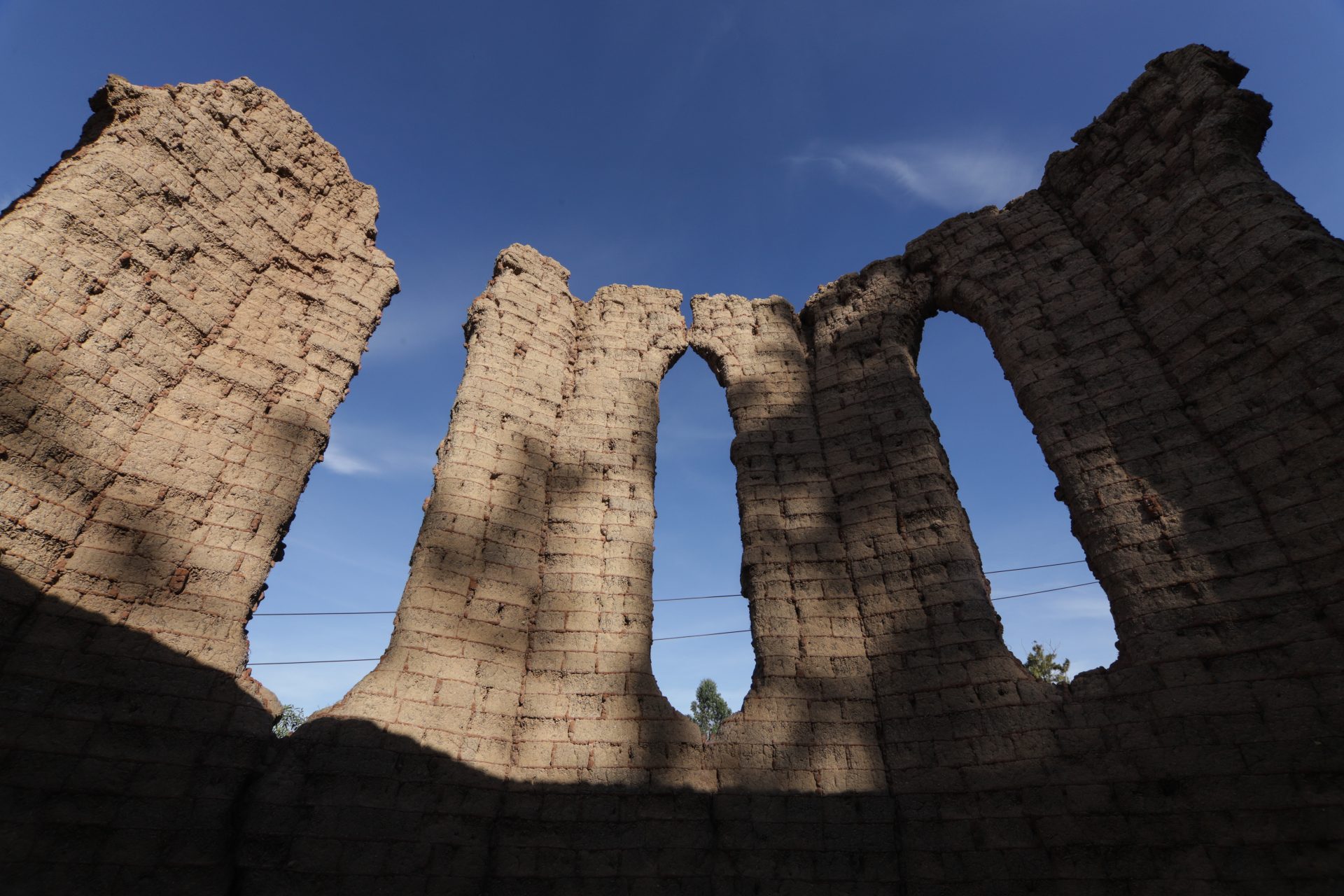Echoes of the Past: Historical Sites and Buildings in Mbarara City
Home »

Written by CCFU Team
Historical buildings are powerful symbols of our past. They capture moments in time, providing identity to cities, towns, and districts while reflecting architectural styles, cultural influences, and societal values of their eras. These structures also play crucial roles in national tourism, community regeneration, and education.
In Uganda, the disappearance of historical buildings is alarming. Awareness and appreciation of their significance remain low, and the push to modernize for “city status” has accelerated their destruction. Mbarara City, one of Uganda’s newest cities, is no exception.
In December 2023, the Cross-Cultural Foundation of Uganda (CCFU) partnered with the Uganda German Cultural Society to document the historical buildings, sites, and monuments of Mbarara City. This project aims to safeguard and promote these structures. In the first quarter of 2024, the project mapped and identified buildings, conducted research, compiled a draft report, and captured photographic documentation. The next steps include editing the data, designing, and publishing a coffee table book. Both organizations are currently fundraising to support the publication, its launch, and awareness sessions on the importance of preserving these buildings.

Relics of the first Anglican Protestant Church at Kamukuzi Hill, 1901, Image Courtesy of CCFU
This will be CCFU’s third coffee table book produced in collaboration with other stakeholders. In 2019, with the support of the European Union, CCFU published “Beyond the Reeds and Bricks: Historical Sites and Buildings in Kampala, Jinja, and Entebbe.” This was followed by “Our Railways, Our History: From Mombasa to Pakwach” in 2021.
The Cross-Cultural Foundation of Uganda, established in 2006, is a registered non-governmental organization dedicated to promoting an appreciation of culture as vital for human development. Our main programs include:
- Preserving and Promoting Uganda’s Heritage: Supporting community museums, protecting built and natural heritage, promoting heritage education, and addressing culture and conservation.
- Promoting Cultural Rights: Focusing on culture and gender, cultural entrepreneurship, protecting indigenous ethnic minority communities, and building capacity for cultural rights mainstreaming.
- Managing Cultural Diversity: Enhancing understanding and respect for Uganda’s diverse cultural identities.
